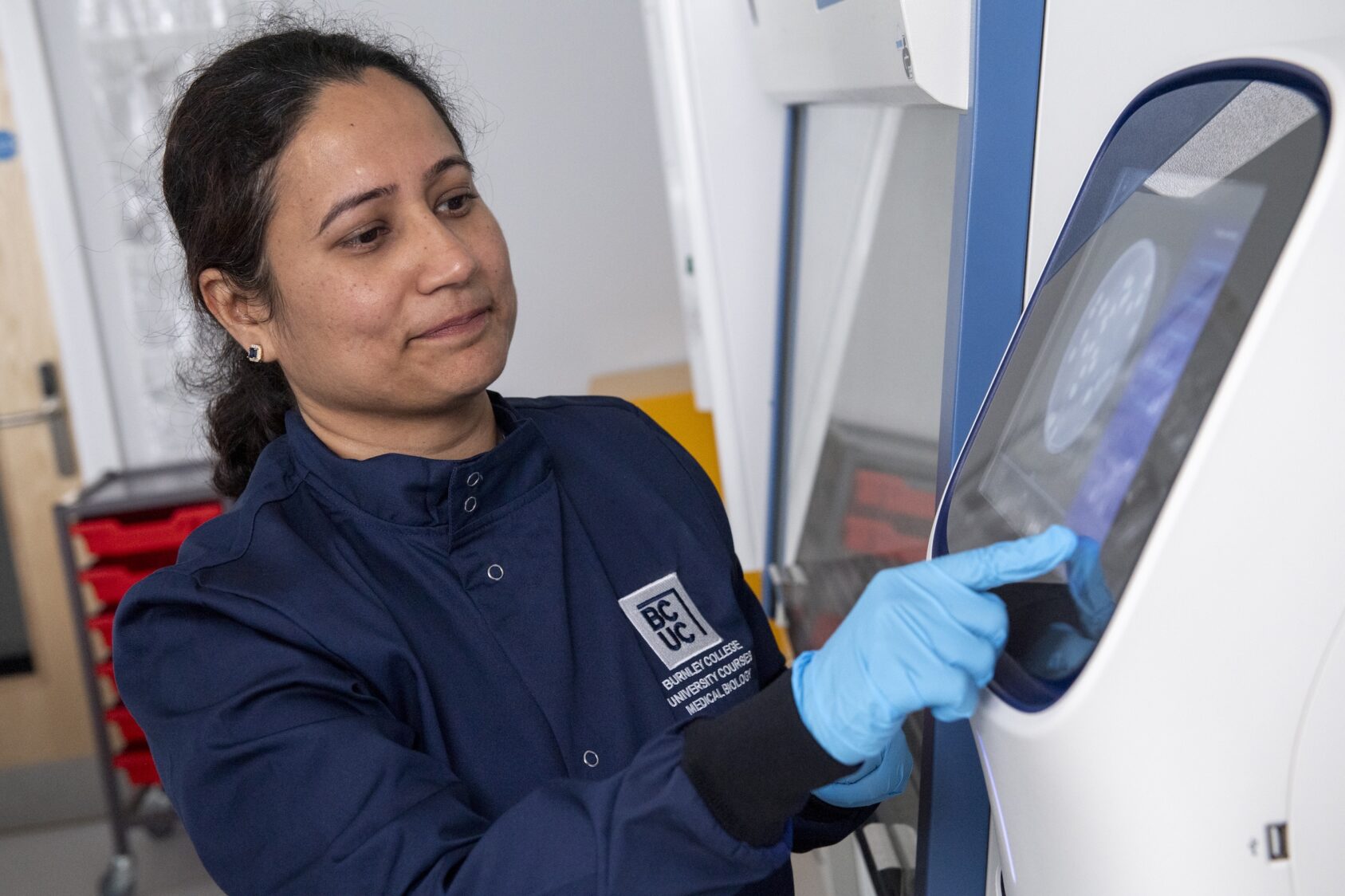The changing face of the region’s workforce is making employers in Lancashire rethink traditional roles, with digitally savvy homecare assistants and manual workers with programming skills becoming part of a rising multi-skilled workforce.
That’s according to the Skills Barometer 2025, an annual review of the skills landscape commissioned by the Lancashire and Cumbria Institute of Technology (IoT), a collaboration of eight colleges and three universities.
The report found that multi-skilled and interdisciplinary roles are on the rise, blending traditional technical skills with emerging technologies. Digital literacy and AI skills are becoming universal requirements, regardless of the sector.
For example, a homecare employer in Lytham St Annes is now looking to recruit staff that can update digital records, and analyse the data they are processing, to enable better levels of care.
And a Morecambe-based manufacturer who was struggling to find the skilled staff they required to grow the business made the decision to invest in robotic equipment, and trained its existing staff to operate it.
In addition to needing employees with a blend of both ‘hands on’ and digital skills, the report also found that soft skills are increasingly important – with employers often now prioritising communication, emotional intelligence, teamwork and accountability.
The IoT’s managing director, Linda Dean, said the economy was seeing a reimagining of what a job looks like. She said: “Multi-skilled roles are the new reality for businesses across Lancashire and Cumbria and it’s exciting to see how businesses are stepping up and adapting.
“Manufacturers investing in cobots or healthcare workers needing data analytical skills reflect a wider trend where the workforce is evolving faster than ever. For those willing to invest in skills and rethink job roles, it’s a huge opportunity to futureproof their business.”
The IoT’s Skills Barometer, now in its second year, gathered insight from businesses and experts representing the IoT’s six key sectors – engineering and manufacturing, automotive, computing and digital, construction, health and medical, and science.
It asked three questions – what are the skills gaps now, what skills will be needed in the next three to five years, and what do employers need from educators.
The IoT is made up of Blackpool and the Fylde College, Burnley College, Blackburn College, Nelson and Colne College, Preston College, Lancashire and Morecambe College, Runshaw College and Lakes College, along with the University of Lancashire, Edge Hill University and Lancaster University. It collaborates with employers to ensure technical training meets industry needs.
You can download Skills Barometer 2025 report on the IoT’s website.




